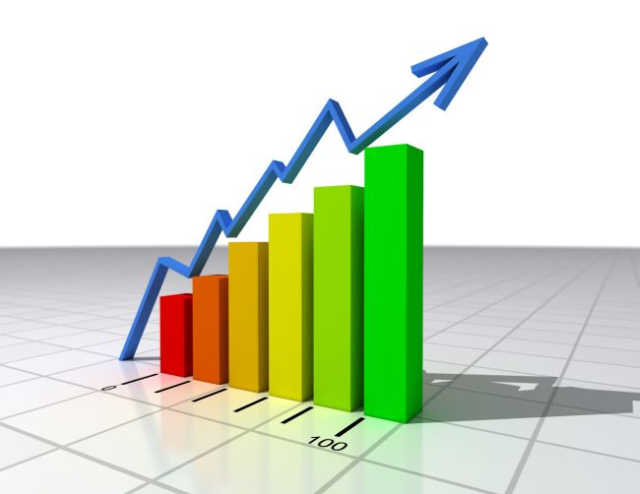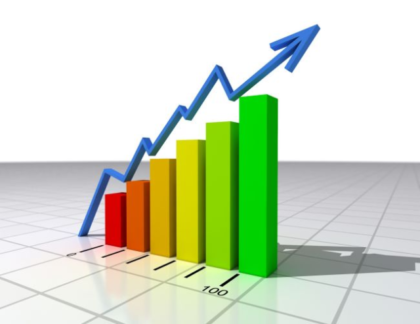
WB Urges Morocco to Adopt New Growth Model
 The World Bank urged Morocco to adopt a new growth model oriented towards boosting exports and strengthening the private sector.
The World Bank urged Morocco to adopt a new growth model oriented towards boosting exports and strengthening the private sector.
“Morocco’s growth model shows signs of weaknesses as it is confronted with a series of sustainability issues that risk, with varying degrees of intensity, impeding further progress,” the World Bank said in its April economic outlook for Morocco.
It added that the economic model based on domestic demand, especially public investment, risks petering out without a significant increase in investment spillovers and productivity.
“Growth in the past two decades has been mainly based on public capital accumulation, sometimes through FDI joint ventures with SOEs, that will be difficult to maintain without higher total factor productivity gains in the future,” the World Bank said.
The international financial institution stressed the need for a shift toward a more export-led model, where the private sector is playing a greater role as an engine of growth and employment.
A new growth model is also needed to promote job creation among the young and educated. “With the working age population increasing by 300,000 a year, job creation, at 129,000 per year, has been insufficient,” it noted.
“Youth unemployment is twice the rate of total population. This rate among urban youth has been worsening since the financial crisis, growing from 31.3 percent in 2010 to 41 percent in 2016,” the report said, adding that unemployment spells tend to be long: more than 70 percent are unemployed for more than a year, and this share is higher among those with tertiary education.
On the long term, the WB projected growth to reach 3 percent in 2018 with cereal production returning to its historical average, while non-agricultural GDP growth is expected to remain around 3 percent in the absence of more decisive structural reforms.
The fiscal deficit is expected to decline to 3.3 percent of GDP in 2018 in line with the government’s commitment to bring down the deficit to 3 percent of GDP by 2019- 2021 and to reduce public debt to 60 percent of GDP by 2021, it said.
The World Bank also called for a comprehensive tax reform including measures to reduce tax exemptions, lower corporate tax rates, and better enforce tax payments by the self-employed and liberal professions and improved public investment management.
“In line with this fiscal consolidation and oil price projections, the current account deficit is projected to remain below 4.5 percent of GDP in 2018”, the WB said.
